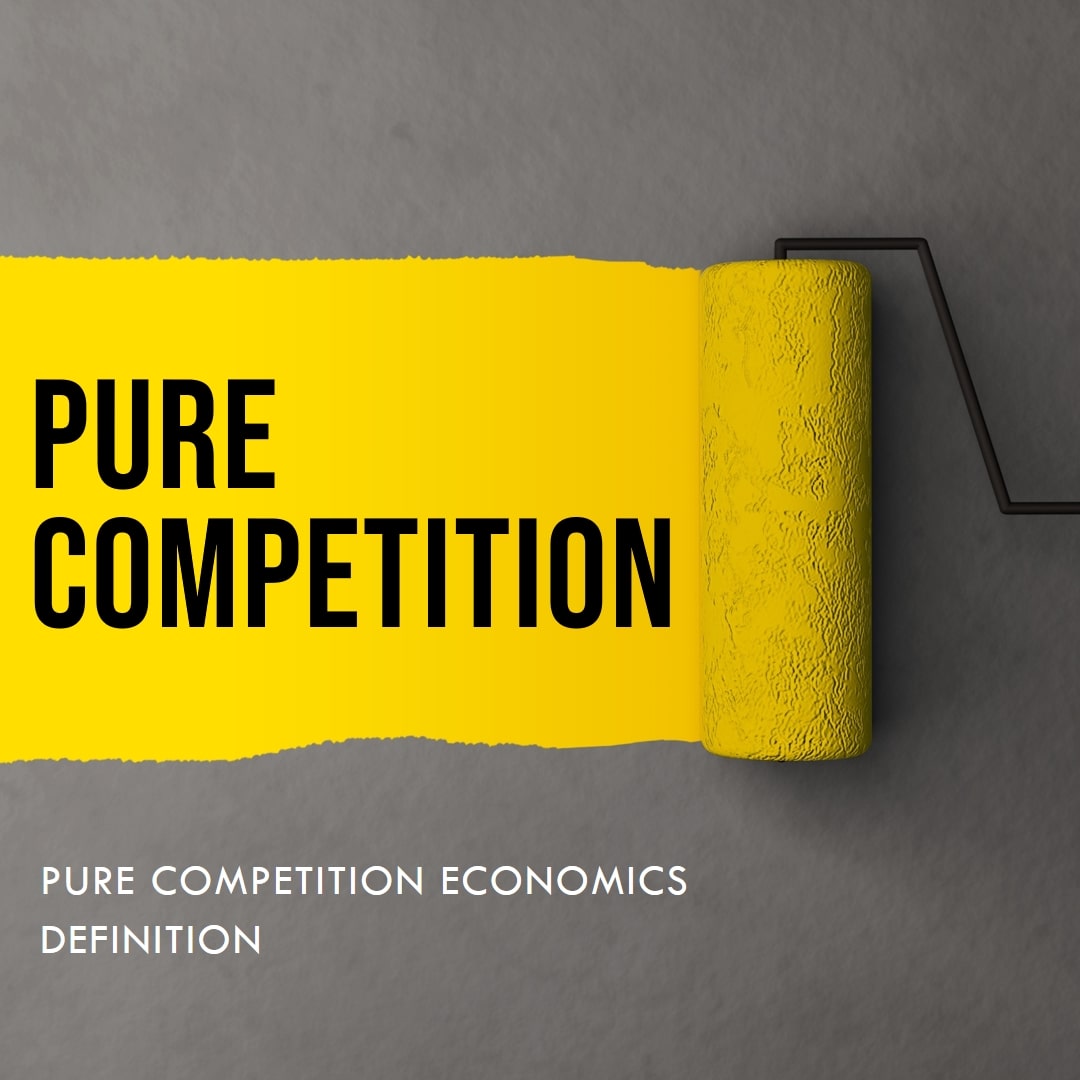In economics, pure competition is a theoretical framework that functions as a standard for comprehending market arrangements. Although pure competition is a concept that aids economists in analysing specific dynamics, its practical applications are restricted. The blog post on https://braclic.com/ seeks to clarify the fundamentals of pure competition by offering a definition, examining its financial ramifications, offering instances, and probing why, in actuality, it is regarded as an unworkable structure.
What is Pure Competition?
A market structure known as pure competition is defined by a high number of sellers, uniform products, ease of entry and exit for businesses, perfect information, and the inability of any one firm to affect the market price. Buyers and sellers in a strictly competitive market are price takers, which means they modify the quantity supplied or demanded by the going rate in the market. Several market structures are evaluated theoretically using this idealized model as a standard.
Pure Competition Economics Definition
Pure competition is defined as a market structure in which a large number of buyers are served by numerous small firms providing highly substitutable or identical products from an economic standpoint. Since there is perfect competition in this model, companies need help controlling the market price. The forces of supply and demand determine prices, and firms operate with full knowledge of market conditions.
Examples of Pure Competition:
A few examples of pure competition are discussed below:
Agricultural Markets:
For instance, the wheat and corn markets are instances of pure competition in some regions of the agricultural sector. Farmers produce identical or similar goods, and supply and demand factors significantly set the market price.
Stock Exchange for Standardized Goods:
Pure competition may be evident in some commodities traded on stock exchanges, like precious metals or standardized energy products. In this case, many buyers and sellers transact at the going rate.
Foreign Exchange Markets:
Another market structure containing elements of pure competition is the foreign exchange (forex) market, where currencies are traded. At the current exchange rates, participants—including banks and other financial institutions—buy and sell currencies.
Other Related Information
What Is Monopolistic Competition?
What Is Non Price Competition?
What is Business?
What is Marketing?
Why is Pure Competition Considered an Unsustainable System?
Even though pure competition is a valuable benchmark in economic theory, it is frequently seen as unsustainable in practical settings for several reasons:
Homogeneous Products Limit Innovation:
Homogeneous products restrict innovation because there is little space for differentiation in a market where products are almost identical. This lack of diversity can stifle innovation because there is no incentive for businesses to invest in product development or distinctive features.
Thin Profit Margins:
In a purely competitive strategy, where many sellers offer identical products, profit margins are typically thin. Businesses need help to turn a profit, which makes long-term operations difficult.
Difficulty in Achieving Economies of Scale:
The sheer number of small businesses in these industries can make it challenging to achieve economies of scale. This lack of scale efficiency hampers the industry’s overall need to improve attempts to reduce costs.
Limited Long-Term Viability:
When there are no obstacles to entry, it is easier for new businesses to enter the market, which raises competition. This flood of rivals has the potential to reduce earnings and make it harder for already established businesses to hold onto their positions, making pure competition unsustainable in the long run.
Conclusion:
Pure competition has few real-world applications but provides a theoretical framework for comprehending some economic concepts. Pure competition is an unsustainable system in real-world markets’ complex and dynamic environment because of the difficulties in achieving economies of scale, limited product differentiation, and thin profit margins. Economists are still working to improve their understanding of market structures, so they are always searching for models that more accurately reflect the complex dynamics of natural economic environments.

